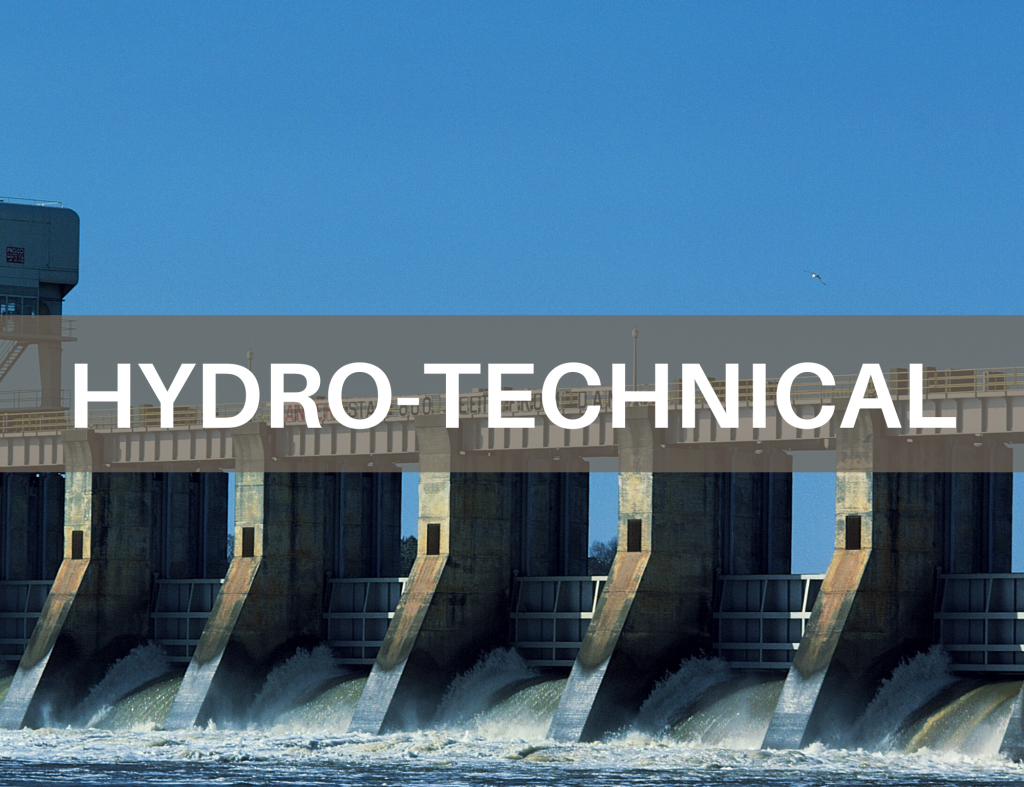
Description
The Hydrotechnical Division develops CSCE’s leadership role in advancing multidisciplinary research and professional practice in the field of hydraulic and hydrological engineering from both practice and academia.
Mandate
The Hydrotechnical Division is mandated to:
– champion and coordinate the development of national hydrotechnical infrastructure;
– work collaboratively together with Canadian Municipalities, and other stakeholders to achieve the goals of the committee;
– promote civil engineers as technical leaders in hydraulic and hydrotechnical engineering;
– advance multidisciplinary research in the field of hydraulic and hydrological engineering;
– develop knowledge dissemination venues for hydraulic and water resources engineers and research through CSCE conference and Canadian Journal of Civil Engineering; and
– develop a repository of national experts in hydrotechnical and water resources engineering.
Reporting
The Hydrotechnical Division will report to the Programs Coordinating Committee.
- Experimental methods and instrumentation
- Computational methods in fluid dynamics
- Hydraulic structures
- Fluvial hydraulics and river engineering
- Climate change and resilient infrastructure
- Climate change and water resources planning
- Coastal and ocean engineering
- Hydrology and remote sensing
- Flood risk management
- River ice engineering
- Hydroinformatics
- Sediment transport
- Sustainable water resource management and policy
- Irrigation and drainage engineering
- Ecohydraulics and fish habitat restoration
- Urban hydrology and storm water management
- Water quality measurements and modeling
- Mixing, dispersion and stratified flows
- Hydraulic engineering education
Zahidul Islam (Chair), River Hazard Management, Environmental Knowledge and Prediction Branch, Alberta Environment and Protected Areas, Government of Alberta (email: Zahidul.Islam@gov.ab.ca)
Dr. Amir H. Azimi (Past Chair), Lakehead University, Thunder Bay, Ontario (email: Azimi@lakeheadu.ca)